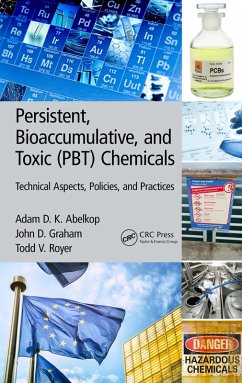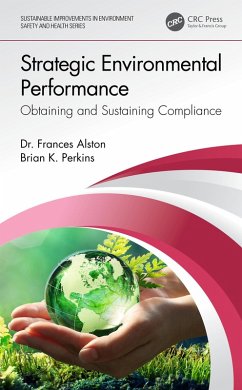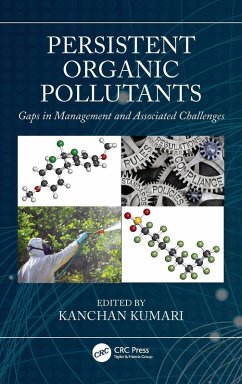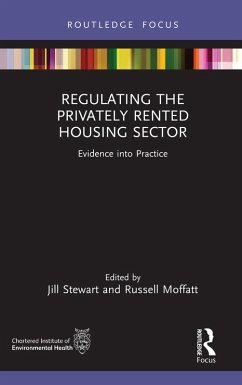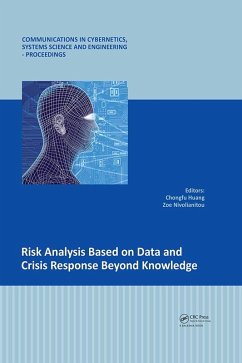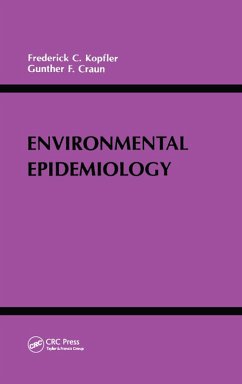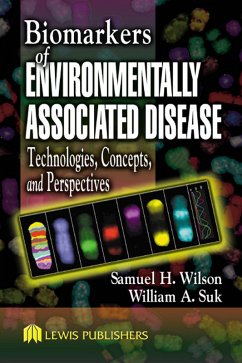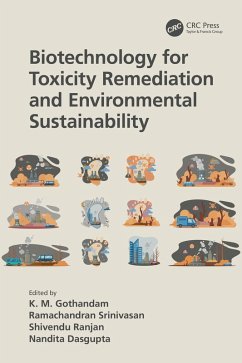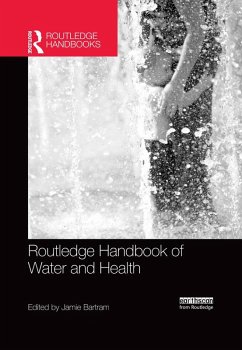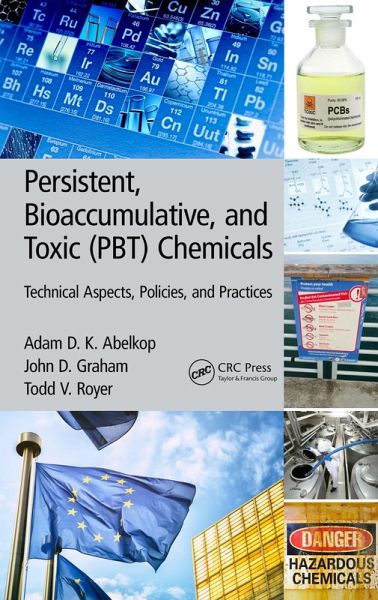
Persistent, Bioaccumulative, and Toxic (PBT) Chemicals (eBook, PDF)
Technical Aspects, Policies, and Practices

PAYBACK Punkte
32 °P sammeln!
Developed from the efforts of a multiyear, international project examining how persistent, bioaccumulative, and toxic (PBT) chemicals are evaluated and managed, Persistent, Bioaccumulative, and Toxic (PBT) Chemicals: Technical Aspects, Policies, and Practices focuses on improving the processes that govern PBTs. Incorporating science and policy literature-as well as interviews and panel discussions featuring experts from around the world-this book provides you with an international perspective of PBT policies (centering on Europe, Asia, and North America), and reveals major findings and recomme...
Developed from the efforts of a multiyear, international project examining how persistent, bioaccumulative, and toxic (PBT) chemicals are evaluated and managed, Persistent, Bioaccumulative, and Toxic (PBT) Chemicals: Technical Aspects, Policies, and Practices focuses on improving the processes that govern PBTs. Incorporating science and policy literature-as well as interviews and panel discussions featuring experts from around the world-this book provides you with an international perspective of PBT policies (centering on Europe, Asia, and North America), and reveals major findings and recommendations for improving PBT science, laws, and policies.
It includes case studies of specific chemicals, provides an introduction to the overall subject of toxic chemicals, and weighs in on science and policy expansion for PBTs. It also provides summary tables of important PBTs, and discussions on the number of PBTs in commerce, weight of evidence approaches, market deselection, and international management.
The text:
This book reviews the current science, policies, and practices surrounding the regulation of PBTs. It also provides relevant research, recommendations, and suggestions for improving the management and oversight of PBTs.
It includes case studies of specific chemicals, provides an introduction to the overall subject of toxic chemicals, and weighs in on science and policy expansion for PBTs. It also provides summary tables of important PBTs, and discussions on the number of PBTs in commerce, weight of evidence approaches, market deselection, and international management.
The text:
- Assesses the history, current practice, and future of PBT management
- Considers the roles scientific data, modeling, and conventions play in identifying and regulating PBTs
- Explores the number of PBTs in commerce and the growing role of weight of evidence (WOE) in the making of PBT determinations
- Identifies issues that are likely to come up in WOE judgments
- Examines international, national, subnational, and regional PBT policies
- Includes a comprehensive and easy-to-understand analysis of PBT science and policy
This book reviews the current science, policies, and practices surrounding the regulation of PBTs. It also provides relevant research, recommendations, and suggestions for improving the management and oversight of PBTs.
Dieser Download kann aus rechtlichen Gründen nur mit Rechnungsadresse in A, B, BG, CY, CZ, D, DK, EW, E, FIN, F, GR, HR, H, IRL, I, LT, L, LR, M, NL, PL, P, R, S, SLO, SK ausgeliefert werden.




